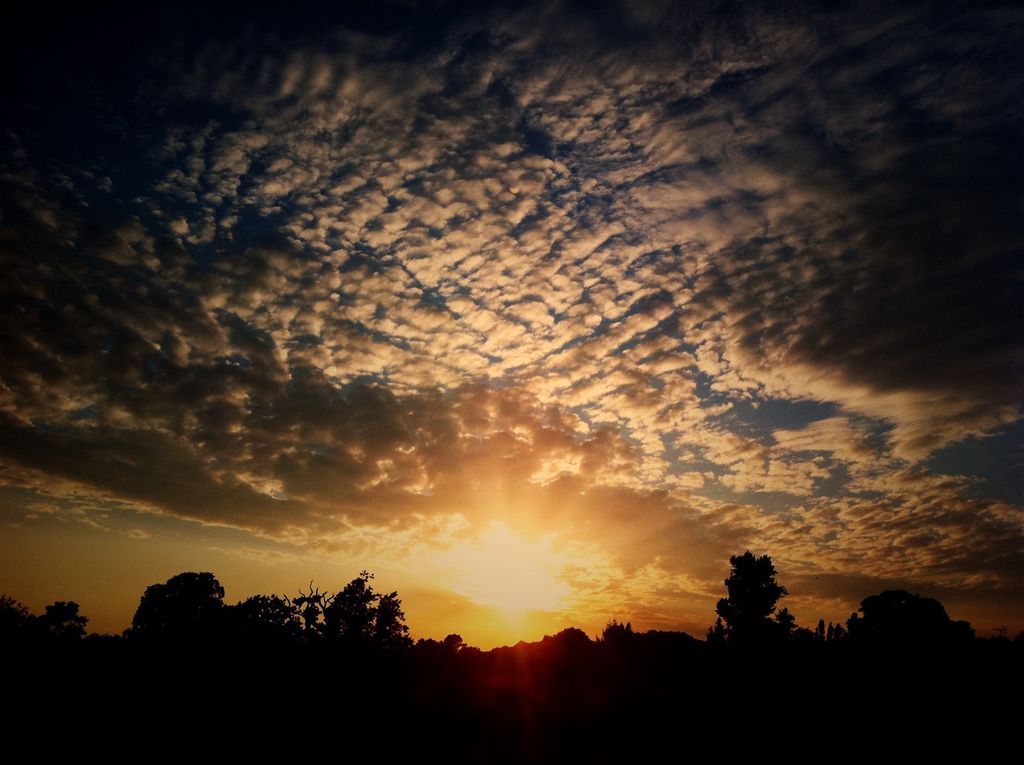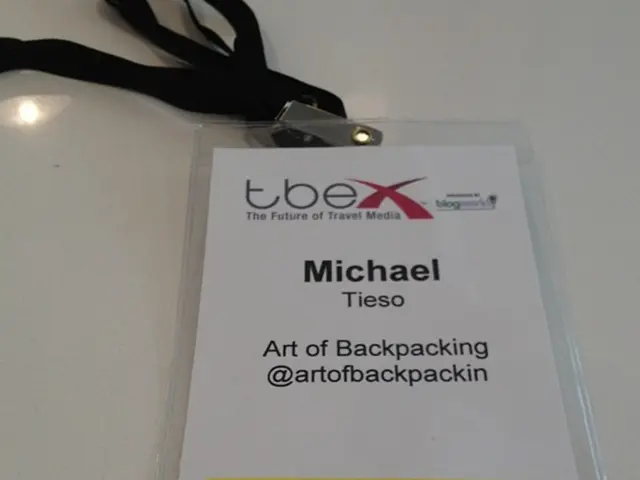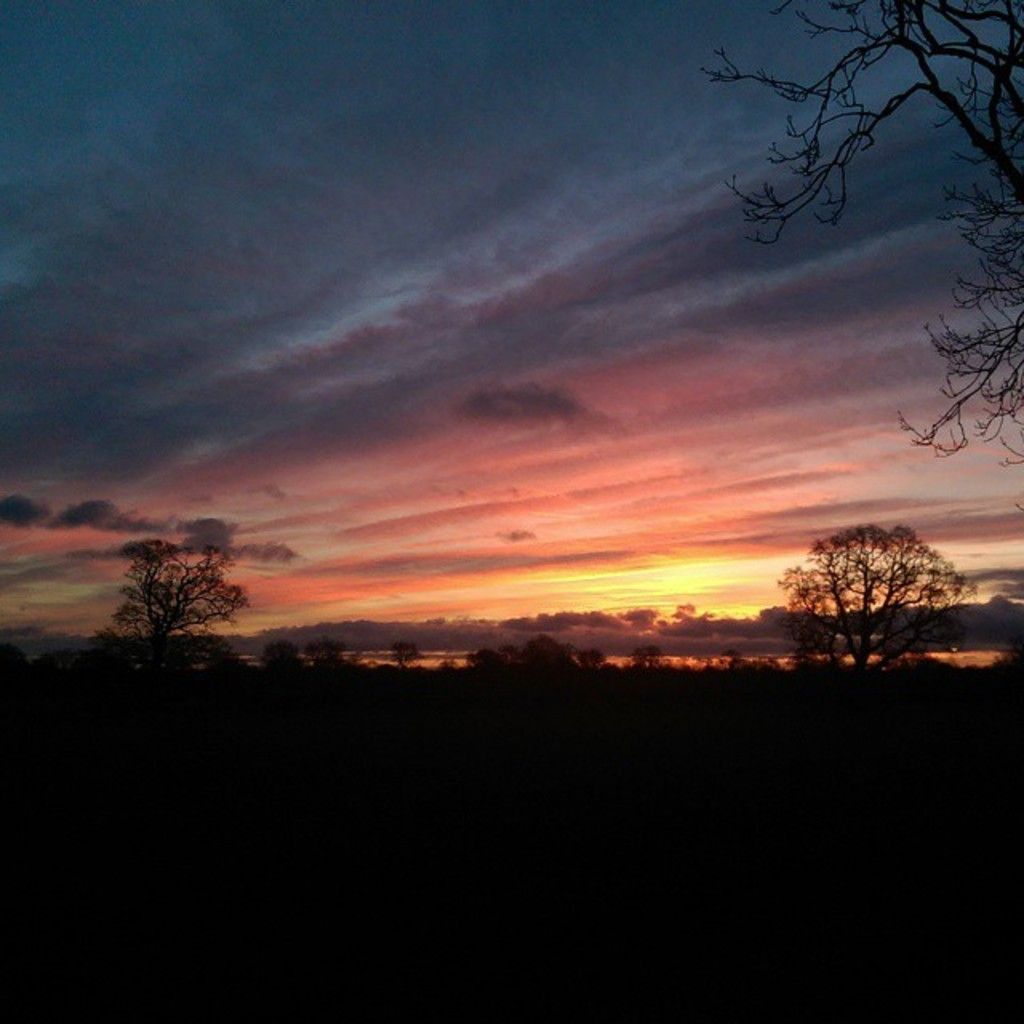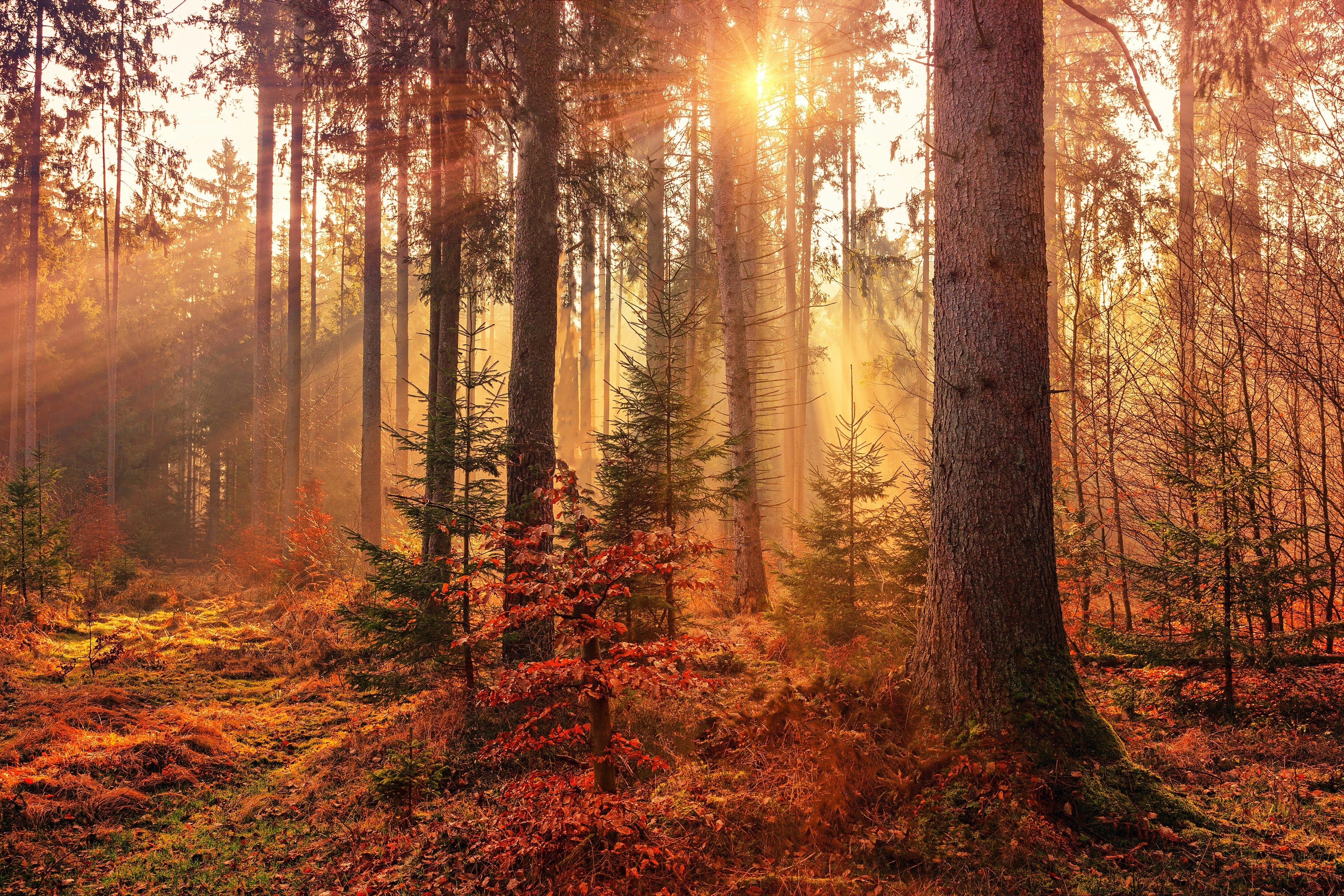Ready to be a wildlife warrior? Slip on those khakis and snatch your binoculars - we've got the perfect conservation volunteering project just for you in South Africa!
Volunteering for wildlife conservation in South Africa: Join the role as a field guide
Imagine living in Africa's bushveld and mastering the art of tracking animals through the wilderness. It's no longer a story from an adventure novel - you can make it your reality with GVI.
As you embark on your journey to become a safari guide, you'll gain a treasure trove of skills applicable to a variety of conservation career paths. Here's a lowdown on how you can get started with conservation volunteering by becoming a field guide in South Africa.
What's a Field Guide, Anyway?
Field guides are seasoned professionals with expertise in conservation, research, and even lodge management. The job is all about the great outdoors and comes from a burning passion for both people and nature. Field guides need a diverse set of practical and theoretical skills such as shooting, handling four-wheel drive vehicles, administering outdoor first aid, and a deep understanding of topics like animal behavior, geology, and conservation.
Guides typically work at safari lodges, guiding guests to explore surrounding wilderness areas in vehicles, on foot, or even in canoes. The line between a field guide's role and that of a ranger can sometimes get blurry, but the two jobs are distinct. Game rangers focus on managing game reserves, while field guides interact with guests, showcasing the wilderness and educational aspects of conservation.
Field Guides: The Unsung Heroes of Conservation
Field guides play a pivotal role in conserving the African wilderness by educating tourists and the community about conservation challenges and solutions. They act as mediators, educators, and facilitators for conservation work, helping to inspire people to get involved in conservation initiatives while encouraging them to consider their impact on the natural world.
Additionally, field guides can actively contribute to data collection efforts on wildlife populations, providing valuable insights for conservation research and management. By participating in practical conservation projects such as habitat restoration, invasive species removal, and anti-poaching initiatives, they help ensure the effective implementation of conservation strategies on the ground.
Making the Cut: How to Become a Field Guide
GVI's safari field guide course offers a well-rounded curriculum covering practical skills like wildlife tracking, outdoor first aid, and wildlife surveying techniques, alongside in-depth knowledge of topics such as conservation, ecology, and animal behavior. Structured around a CATHSSETA syllabus, this 23-week program will equip you with the essential qualifications to guide in South Africa.
The comprehensive training will prepare you not only to work as a professional field guide but also to pursue other roles in the conservation field. You'll acquire desirable and transferable skills, such as knowing how to conduct field research and techniques, that you can apply to various wildlife conservation jobs or other conservation volunteering opportunities.
With GVI's field guide training, you'll transform from an enthusiastic volunteer to a knowledgeable conservationist and expert African bush guide.
CATHSSETA Internships and Careers
Once you've completed the field guide training, consider taking on a field guiding and wildlife conservation internship to gain practical experience and enhance your resume. Choose from one, three, or six-month placements, focusing on areas such as anti-poaching, animal rehabilitation, community education, or wildlife research and monitoring. Through this hands-on experience, you'll gain a competitive edge in the conservation field and step closer to becoming a professional field guide, perhaps even landing a CATHSSETA field guide job in South Africa's breathtaking wilderness.
Take the first leap into your dream career! Explore more of GVI's conservation volunteering opportunities in South Africa and other African countries.
- Begin your adventure as a wildlife warrior by participating in GVI's conservation volunteering project in South Africa.
- Embrace the thrill of living in Africa's bushveld, where you'll hone your skills in tracking animals through the wild.
- Transform your passion for both people and nature into a career as a seasoned wildlife field guide with GVI.
- As a field guide, you'll be equipped with a diverse set of practical and theoretical skills, including shooting, four-wheel drive handling, outdoor first aid, and understanding topics like animal behavior, geology, and conservation.
- Guides typically work at safari lodges, guiding guests through the wilderness using various methods like vehicles, foot, and canoe.
- Field guides serve as essential bridge-builders between corporate industry sectors like transportation, finance, and lifestyle, and the environmental-science realm, raising awareness for conservation challenges and solutions.
- Embrace your role as a conservation educator, mediator, and facilitator for the community and tourists alike.
- Field guides contribute to data collection on wildlife populations, offering valuable insights for conservation research and management.
- Participate in practical conservation projects, such as habitat restoration, invasive species removal, and anti-poaching initiatives, to ensure the effective implementation of conservation strategies.
- Enroll in GVI's safari field guide course, a 23-week program structured around a CATHSSETA syllabus, to acquire essential qualifications for guiding in South Africa.
- GVI's training goes beyond field guide expertise, preparing you for various wildlife conservation roles and additional conservation volunteering opportunities.
- Post-training, consider a field guiding and wildlife conservation internship for practical experience and a competitive edge in the conservation field.
- Achieve your career goal as a professional field guide by landing a position in South Africa's breathtaking wilderness, with the help of CATHSSETA internships and job opportunities.
- Spark your curiosity and embark on a lifelong learning journey, continuously enhancing your skills, knowledge, and career development in fields like adventure travel, outdoor living, home and garden, travel, education and self-development, and career development.
- Delve deeper into the world of sports by studying sports training, sports betting, racing, and horse racing, gaining newfound hobbies and an understanding of their influence on the environment and climate-change.
- Develop your weather forecasting skills to contribute to the prevention of harmful climate change impacts on wildlife conservation projects, harnessing the power of knowledge and education for sustainable living and conservation practices.








